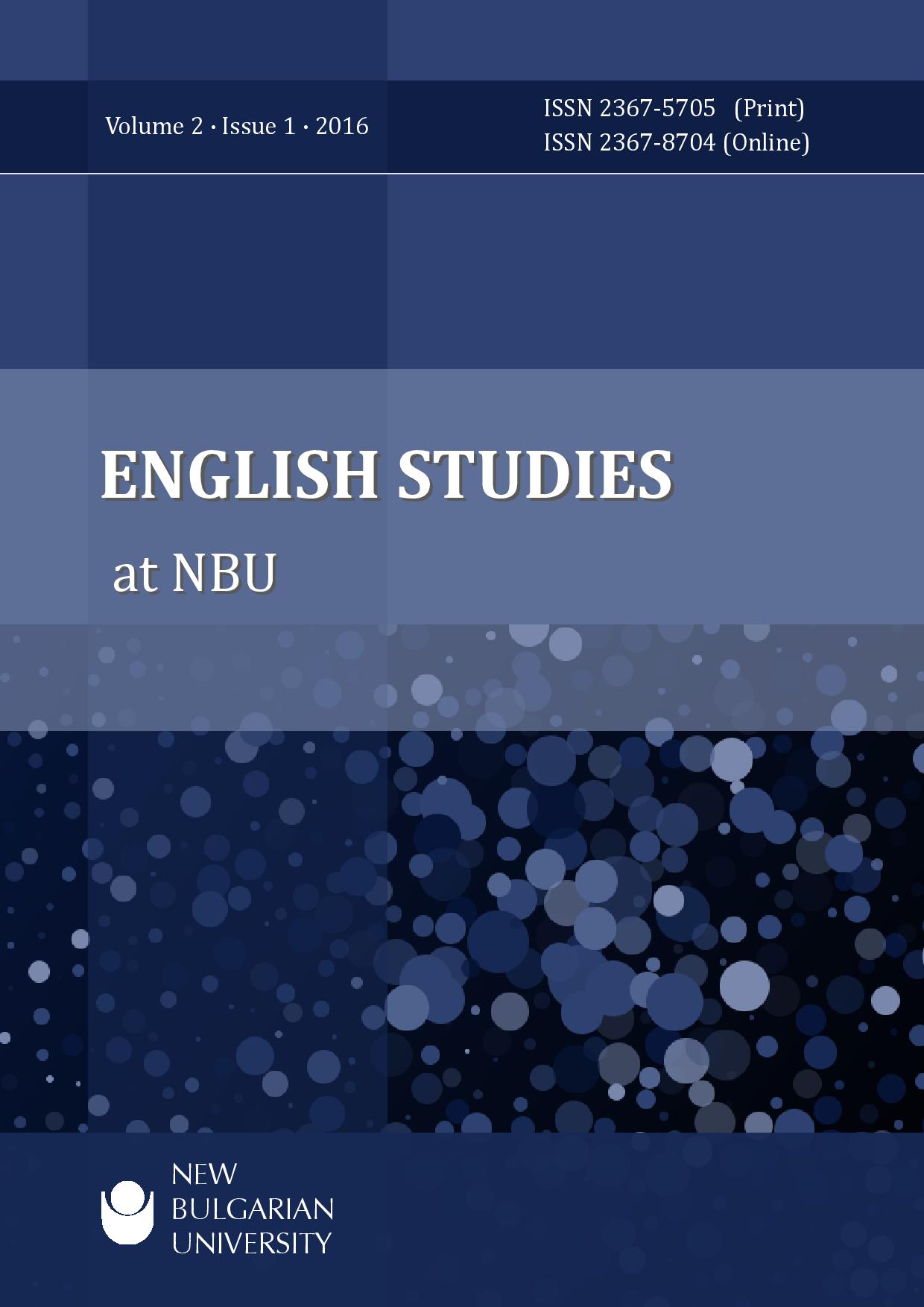The splendour and misery of "Intercultural Communication" teaching modules
The splendour and misery of "Intercultural Communication" teaching modules
Author(s): Dmitry Yermolovich, Pavel PalazhchenkoSubject(s): Language and Literature Studies, Foreign languages learning, Eastern Slavic Languages, Translation Studies
Published by: Нов български университет
Keywords: intercultural communication; intercultural competence; translation; European project; teaching materials;
Summary/Abstract: The paper examines in a critical light the approaches and theoretical grounds of certain educational projects seeking to promote "intercultural competence" in translators, both in Russia, the contributors’ home country, and in Western Europe, as exemplified by a European Union project. Some textbooks as well as teaching material and recommendations are placed under scrutiny for consistency, relevance and value to the training of professional translators/interpreters, especially at postgraduate level. It is shown that some guidelines presented as an improvement on current translation teaching practices repeat or repackage ideas developed decades ago by Russian and Bulgarian translatologists. The paper argues that there is no special need for artificially implanting or isolating an "intercultural communication" module in translation teaching, as translation is itself a primary form of international and, therefore, intercultural communication, and the best practices of its teaching, at least in the leading translator/interpreter schools of Russia, have incorporated the cultural component in harmony with other essential translation competences for at least half a century.
Journal: English Studies at NBU
- Issue Year: 2/2016
- Issue No: 1
- Page Range: 5-16
- Page Count: 12
- Language: English

